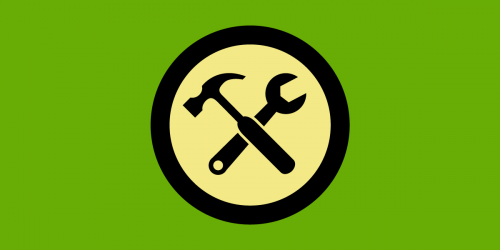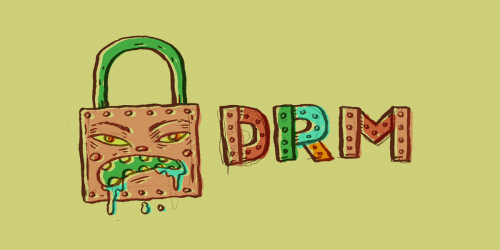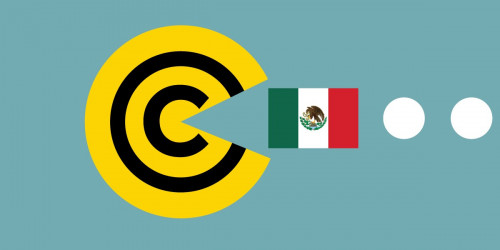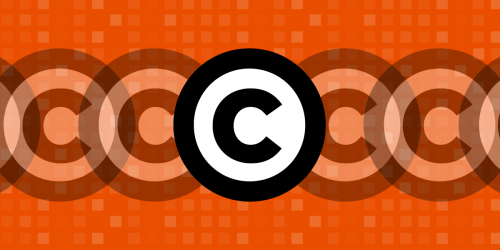As the initial furor over the 2009 (in fact delayed until 2010) DMCA rulemaking subsides, a number of questions have been raised about the nature and scope of the exemptions. We’ve gotten a lot of inquiries about two cell-phone related exemptions that EFF championed: one to clarify the legality of cell phone "jailbreaking" — software modifications that liberate iPhones and other handsets to run applications from sources other than those approved by the phone maker – and another to renew a 2006 rule exempting cell phone unlocking so handsets can be used with other telecommunications carriers. Both exemptions were granted.
Of these, the jailbreaking exemption has received the most attention. More than a million iPhone owners are said to have "jailbroken" their handsets in order to change wireless providers or use applications obtained from sources other than Apple's own iTunes "App Store," and many more have expressed a desire to do so. But the threat of DMCA liability had previously endangered these customers and alternate applications stores.
What was the basis for the jailbreaking exemption?
The Copyright Office squarely rejected Apple's claim that copyright law (other than the anti-circumvention provisions) forbids people from installing unapproved programs on iPhones. Why? Fair use:
When one jailbreaks a smartphone in order to make the operating system on that phone interoperable with an independently created application that has not been approved by the maker of the smartphone or the maker of its operating system, the modifications that are made purely for the purpose of such interoperability are fair uses.
Just so. Given how often copyright claims are misused to stifle speech and everyday user activities, it’s worth noting that the Register stressed that Apple’s objections to jailbreaking were not based on any copyright harm, i.e., any harm stemming from people making unauthorized copies. That's because a jailbreaker is, by definition, a person who has already bought an authorized copy of the Apple firmware. Apple complained that jailbreaking would lead to use of unauthorized apps, which could lead to a “degraded experience” for jailbreakers. In a victory for end-user choice, the Register decided that the DMCA shouldn’t stop phone buyers from taking that risk. If Apple is concerned about harm to its reputation, not its copyrights, that’s not a harm the DMCA was designed to address.
Does the exemption apply to toolmakers, the people who make and distribute the software that will allow you to jailbreak your phone?
No. There is no process for granting exemptions to those who make and distribute tools that allow users to circumvent copy or access controls. Yes, you read that right: the Copyright Office thinks jailbreaking your iPhone is fair use, but the DMCA may nevertheless prevent you from helping others do the same. Courts that have faced this paradox have increasingly rejected DMCA liability under these circumstances. Thus, there’s a growing body of case law holding that the circumvention has to be connected to infringing activity before it can violate the DMCA anticircumvention provisions.
Does that mean Apple has no way to stop me from jailbreaking?
No. Apple can still seek to hinder your freedom of choice through technical and contractual restrictions. But losing the DMCA threat means Apple has lost the biggest weapon in its “anti-consumer-choice” arsenal.
What about cell phone unlocking?
On EFF's request, the Librarian of Congress also granted an exemption for cell phone unlocking. Digital locks on cell phones make it harder to resell, reuse, or recycle the handset, prompting EFF to ask for renewal of this rule on behalf of our clients, The Wireless Alliance, ReCellular and Flipswap. In the report supporting the exemption, the Register noted that, as with jailbreaking, cell phone unlocking was simply not a copyright problem, and therefore copyright law had no business hampering it:
It seems clear that the primary purpose of the locks is to keep consumers bound to their existing networks, rather than to protect the rights of copyright owners in their capacity as copyright owners.
So I can unlock my phone tomorrow?
Yes and no. You can unlock your used phone without fear of being hit with a DMCA claim, though the rulemaking pretty clearly did not want to exempt people who bulk purchase and unlock new phones. You may still be under a service agreement with your provider, however, and the exemption doesn’t excuse you from these contractual obligations. For companies in the business of recycling used phones, this means they are able to keep more handsets out of landfill, which is good news for everyone.









